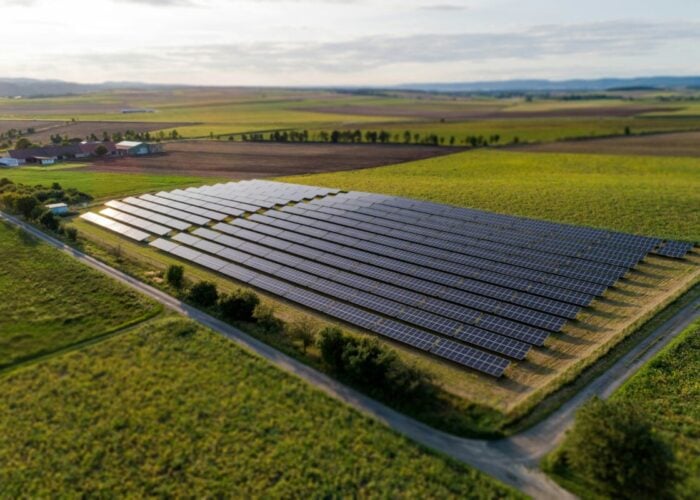TÜV SÜD has developed a certificate for renewable energy storage systems, which the testing house claims will “provide reliable information on the safety, performance and service life of stationary energy storage systems”.
Industry figures, academics and even politicians have called for standardisation across energy storage markets with increasing frequency. At a UK event in April, Nicola Cosciani of Italian battery maker FIAMM, which has added grid storage to its range of products, said that companies would find developing global strategies for tackling the energy storage market difficult without being able to adapt to the local needs of each region they wish to be active in.
Try Premium for just $1
- Full premium access for the first month at only $1
- Converts to an annual rate after 30 days unless cancelled
- Cancel anytime during the trial period
Premium Benefits
- Expert industry analysis and interviews
- Digital access to PV Tech Power journal
- Exclusive event discounts
Or get the full Premium subscription right away
Or continue reading this article for free
TÜV claims the new certification process is “based on a comprehensive test standard that considers the requirements of all relevant standards applicable to stationary energy storage systems and their individual components”. The relevant standards include IEC 62619, IEC 60068, IEC 62109-1, IEC 62109-2 and VDE-AR N 4105 or IEC 62477-1.
According to TÜV, the certificate will allow for battery-makers to demonstrate the safety and performance of their products, while improving the transparency of the market. Certificates have already begun to be issued for the first successful products, although these were not named by TÜV in a press release.
Testing includes checks of mechanical, electrical and software components and processes, safety and environmental standards, testing of inverters, reviewing the documentation issued with each product, which presumably includes manuals and datasheets. TÜV will also inspect the large-scale manufacturing processes of each company applying for certification.
TÜV says the new standards are aimed at all stakeholders in the market, from manufacturers to retailers, installation companies and consumers.
Read the full version of this story on the PV Tech Storage site.






